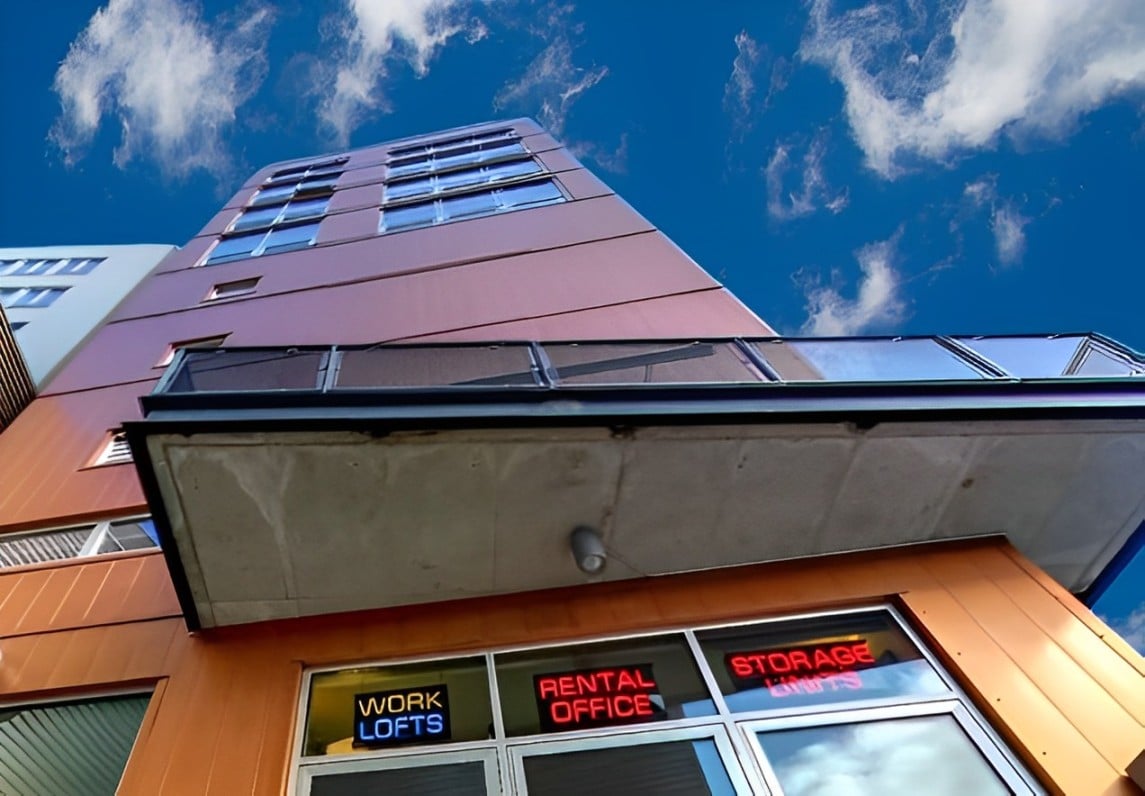Marijuana In The Workplace
As of Jan. 1, 2020, there are 11 states (and the District of Columbia) that have legalized the recreational use of marijuana. Those states are Alaska, California, Colorado, Illinois, Maine, Massachusetts, Michigan, Nevada, Oregon, Vermont, and Washington. In essence, these laws allow adults over the age of 21 to grow and possess small amounts of cannabis. As outlined below, even though these state laws permit the use of the drug, the laws do not permit the use of recreational marijuana in the workplace and leave those rights of restriction to employers.
In addition, 33 states have legalized the medical use of marijuana. These states allow the access and use of marijuana through a medical marijuana registration or identification card. When applied to the use of medical marijuana in the workplace, the laws are more complicated.
Most employers still retain the right to terminate employees using medical marijuana in the workplace to the extent its use impacts their job performance. However, employers are limited in their termination rights if an employee with a medical marijuana card simply tests positive in a company drug test. Once an employee is permitted to use medical marijuana, certain protections arise that prevent discrimination against an individual who has a medical condition (again, so long as their work performance is not affected).
For those states that have passed medical marijuana laws, certain changes would need to occur in the company’s drug testing policies. Most laws allow drug testing in five situations: job applicant testing, routine physical examination testing, random testing, reasonable suspicion testing, and treatment program testing. These five situations should be clearly highlighted in the company’s employment handbook and acknowledged by an employee upon hiring or when the handbook is updated.
Essentially, in those states that have medical marijuana laws, if an employee tests positive in a drug test but is authorized to use medical marijuana, that employee cannot be terminated unless the drug use occurs on the employer’s premises or the employee is impaired by their drug use during their hours of employment.
As for potential discrimination claims, it is important to remember that federal laws, including the American with Disabilities Act (ADA), do not protect medical marijuana users since marijuana, under federal law, is still classified as illegal under the federal Controlled Substances Act. For those states that have their own disability laws and have approved the use of medical marijuana, there are state laws to protect employees who test positive for the use of the drug, although, again, does not protect those employees who use the drug on the premises of the workplace without employer consent or those employees who become impaired from the use of the drug in the workplace.
Employers must stay current on their own state laws and should update their company’s policies that are impacted by changing laws. Employers, including self-storage operators, who have employees in their workforce, should update their drug and alcohol policy to address the rights of the employer to conduct testing, the types of conduct that is prohibited under the policy (the covered substances), the type of actions that can be taken against employees who violate the policy, and the availability of counseling or employee assistance programs offered by the employer.
Most importantly, if your business is in a state that has either approved recreational use or medical use of marijuana, clarify your rights and responsibilities as an employer in that state and communicate those same rights and responsibilities to your employees.
More Content
Popular Posts
The self storage industry is in a precarious...
The REITs new pricing strategy – lowering...
With the approval of both companies’...
Recent Posts
Over 40 years ago, when the industry was...
It is important to be aware of the role of...
Last week, the New York Times published the...
Formed in 1975, the Self Storage...
The self-storage industry offers an...
Ramey Jackson is the CEO of Janus...
Imagine preparing to move and needing to...
Owning or managing a self-storage facility...
Helen Keller is quoted as saying, “Alone we...














